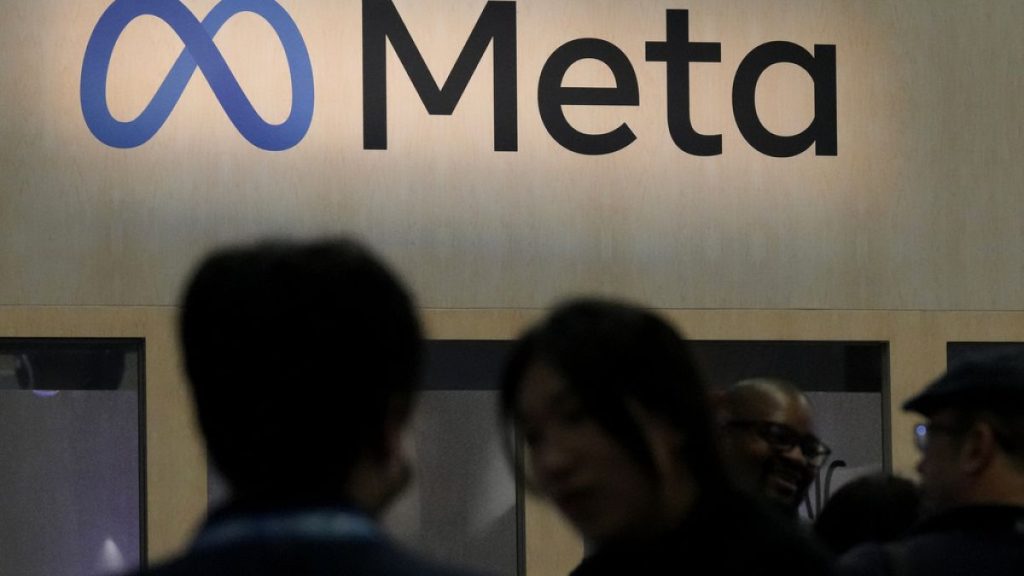The European Union remains vigilant regarding recent decisions made by major tech companies, particularly concerning content moderation policies. While changes implemented by these companies, such as Meta’s shift to community ratings, primarily affect the United States, the EU is closely monitoring their potential implications for the European digital landscape. The EU’s concern stems from its commitment to maintaining a balance between freedom of expression and the prevention of harmful content online, principles enshrined in the Digital Services Act (DSA).
Meta’s decision to replace fact-checking with community ratings, ostensibly in the name of promoting free speech, has raised eyebrows within the EU. While the company has not indicated any intention to implement this change in Europe, the EU maintains that any such move would necessitate a thorough risk assessment analysis submitted to the European Commission. This analysis would need to demonstrate the effectiveness of the proposed moderation system in mitigating the risks of misinformation and harmful content, regardless of the specific model employed. The EU emphasizes that the responsibility for effective content moderation rests squarely with the platforms themselves. The DSA does not dictate specific moderation policies but mandates that whatever system is implemented must effectively combat illegal and harmful content.
The DSA equips the EU with a mechanism to enforce compliance with its regulations. Should a platform violate the DSA, a formal procedure is initiated, potentially culminating in a non-compliance decision. If the platform persists in its non-compliance, substantial fines can be levied, reaching up to 6% of the company’s global annual turnover. While this procedure has been criticized for its potential slowness, the EU possesses additional, more forceful instruments for addressing extreme cases of non-compliance. These measures, exemplified by the blocking of Russia Today and Sputnik following Russia’s invasion of Ukraine, demonstrate the EU’s willingness to take decisive action when deemed necessary to protect its citizens and uphold its values.
The upcoming meeting on January 24th between the European Commission, the German regulator, and major digital platforms underscores the EU’s proactive approach to digital governance. This meeting, occurring in the lead-up to early elections in Germany in February, will focus on the implementation and effectiveness of European platform regulation, further emphasizing the EU’s commitment to shaping a responsible and accountable digital environment. The timing of the meeting highlights the intersection of digital policy with political processes, as online platforms play an increasingly significant role in public discourse and democratic processes.
The EU’s approach to content moderation differs significantly from the more laissez-faire approach adopted in the United States. While the US emphasizes freedom of expression, even at the risk of allowing harmful content to proliferate, the EU prioritizes a balanced approach, seeking to protect both free speech and the safety of its citizens online. This difference in philosophy underscores the ongoing debate about the appropriate level of regulation for online platforms and the delicate balancing act between protecting fundamental rights and mitigating online harms.
The EU’s firm stance on content moderation sends a clear message to global tech giants: compliance with European regulations is not optional. While respecting the autonomy of platforms in designing their moderation systems, the EU insists on demonstrable effectiveness in combating illegal and harmful content. This proactive and assertive approach underscores the EU’s determination to safeguard its digital landscape and uphold the values it champions. The ongoing dialogue between the EU and tech companies, coupled with the enforcement mechanisms provided by the DSA, will continue to shape the future of content moderation in Europe and beyond.














